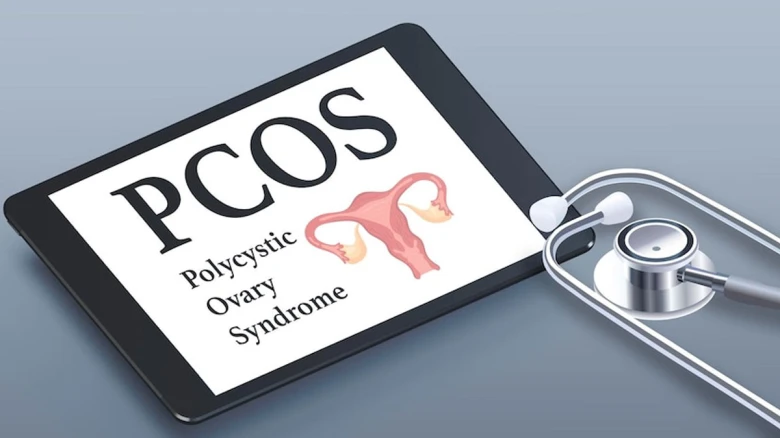PCOS also has a variety of other symptoms and health effects that go beyond just reproductive issues.
Digital Desk: Millions of women worldwide are afflicted by the hormonal disorder known as polycystic ovary syndrome (PCOS). September is PCOS Awareness Month, a crucial time to inform people about this condition, debunk myths, and replace them with facts supported by science. Ovarian cysts are only one sign of PCOS; it also has a variety of other symptoms and health effects that go beyond just reproductive issues. In order to promote knowledge and support for those who are dealing with this difficult condition, we will dispel five common myths regarding PCOS in this post using data-supported information.
Myth 1: PCOS is a Rare condition
Fact: PCOS is incredibly common, affecting approximately 1 in 10 women of childbearing age. That amounts to over 10% of all females. It is one of the most common hormonal illnesses in females.
Myth 2: Ovarian cysts are the Only Problem With PCOS
Not all women with PCOS have visible cysts on their ovaries, despite what the name of the condition suggests. PCOS is generally characterised by hormonal imbalances, irregular menstrual cycles, and high androgen levels, which can result in symptoms including acne, hirsutism (excessive hair growth), and hair loss.
Myth 3: Only Reproductive Health Is Affected by PCOS
Fact: A woman's health can be significantly impacted by PCOS. Obesity, cardiovascular disease, and type 2 diabetes risk are all increased. Additionally, it can harm mental health, resulting in low self-esteem, anxiety, and sadness.
Myth No. 4: PCOS Is Only a Weight Issue
Fact: While many PCOS-affected women have trouble controlling their weight, not all of them are obese. PCOS is a complex hormonal illness with a genetic component, and each individual's experience with it will affect their weight differently.
Myth 5: The Only Treatment Is Birth Control Pills
Fact: Prescriptions for birth control pills are frequently written to control menstrual cycles and treat symptoms like hirsutism and acne. There are, however, a variety of treatment alternatives catered to individual needs, such as dietary adjustments, weight control, insulin-sensitizing drugs, and, if required, reproductive treatments.

Leave A Comment